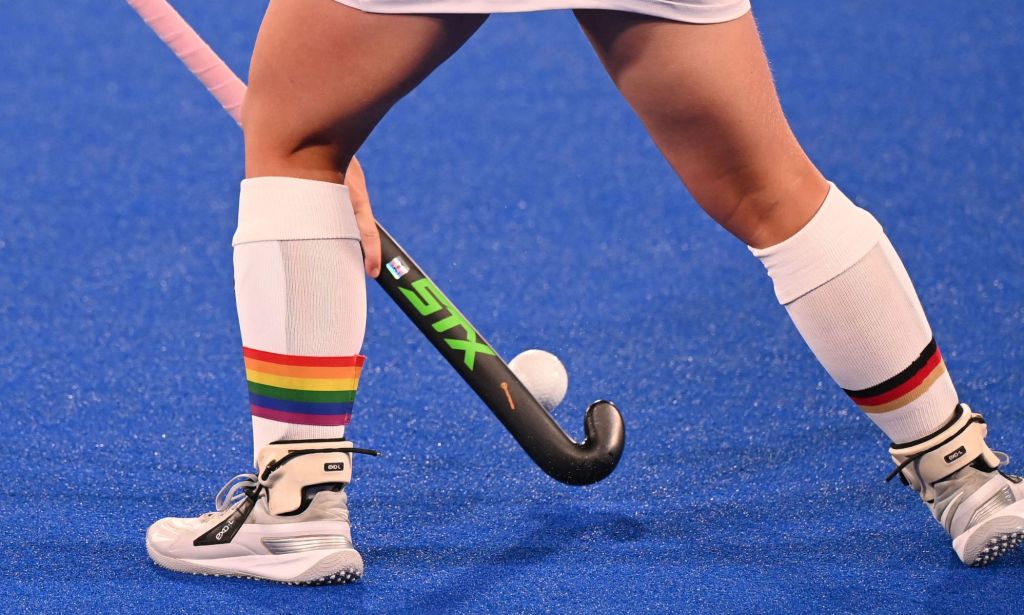Olympic guidelines warn against using ‘biological’ language to describe athletes

An athlete running in front of a graphic of the Olympic symbol. (Getty/Canva)
An athlete running in front of a graphic of the Olympic symbol. (Getty/Canva)
The International Olympic Committee (IOC) has urged organisers and participants to avoid “biological” language in its newly updated guidelines ahead of the 2024 Paris Olympics.
Individuals involved in the Olympics are encouraged to not use terms such as “biologically male”, “biologically female”, “genetically male”, “genetically female”, and several other terms.
The IOC released an update to its Portrayal Guidelines – a guidance for individuals involved in or participating in coverage of the Olympics – to advocate for trans-inclusive language.
In a statement on Thursday (6 June), the IOC wrote that the key updates to its guidance aim to “provide practical checklists and advice to help ensure gender-equal and fair representation for all athletes.”
In its section on problematic language, the IOC clarifies that “common language difficulties” can impede reporting on the Olympics, especially towards trans people and athletes “with sex variations.”
It includes other labels in its terms to avoid section, including “born male”, “born female” and labels such as “male-to-female (MtF)” and “female-to-male (FtM)”.

Terms such as “biologically male” or “biologically female” are typically used to refer to trans people when their participation in sporting events is being questioned, particularly by anti-trans groups or individuals.
It attempts to differentiate the bodies and abilities of trans people as innately different to cisgender athletes, despite no definitive evidence that this is the case.
IOC also warns that the phrases can be “dehumanising” and “inaccurate” if used towards trans participants.
“A person’s sex category is not assigned based on genetics alone and aspects of a person’s biology can be altered when they pursue gender-affirming care,” it advises.
“It is always preferable to emphasise a person’s actual gender identity rather than potentially calling their identity into question by referring to the sex category that was registered on their original birth certificate.”
Instead, the IOC recommends terms like “girl/boy, woman/man, transgender girl/boy, transgender woman/man, transgender person” as a way to refer to trans people.
“If there is a clear reason to refer to the category a person was assigned at birth, the terms to use are: ‘assigned female at birth’, ‘assigned male at birth’, or ‘designated female at birth’, ‘designated male at birth’.”
Other terms it recommends avoiding include “identifies as” as well as saying “he/she” for a trans athlete’s pronouns, using the term “sex change” or labelling someone a “transsexual.”
Yiannis Exarchos, CEO of the Olympic Broadcasting Services (OBS) said that the organisation is “committed” to using its platform as a way to promote inclusivity and representation in the sporting world.
He added that OBS wishes to “showcase the diverse stories and achievements of sportspeople worldwide, ensuring that our broadcasts reflect the true spirit of equality and excellence that defines the Olympic movement.”

